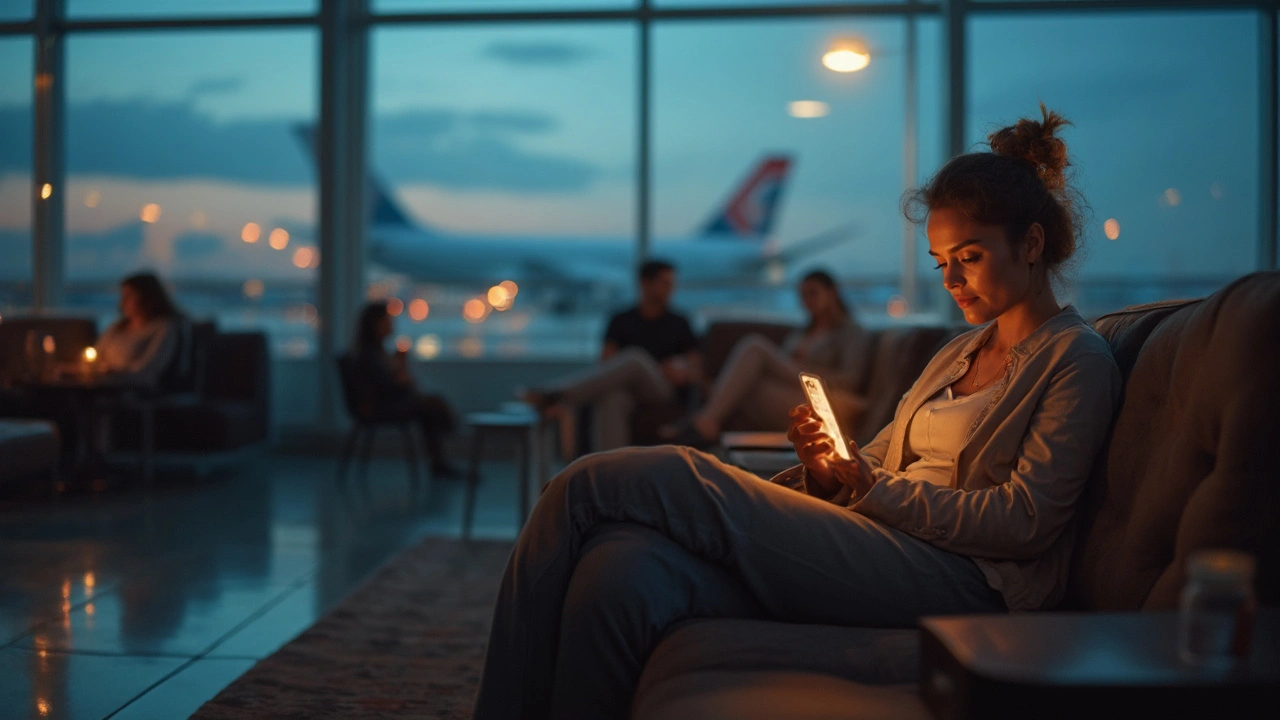Travel Tips You Can Use Right Now
Got a trip coming up and want to avoid the usual headaches? You’re in the right place. Below are straight‑forward tips that work whether you’re jet‑setting overseas or road‑tripping across the country.
Pack Smart, Not Heavy
First thing’s first: keep your bag light. Toss anything you haven’t used in the last year – it’s just extra weight for the airline and your back. Roll clothes instead of folding; you’ll fit more and wrinkle less. A small zip‑top bag for toiletries works wonders – it prevents leaks and keeps everything organized.
Don’t forget a portable charger and a universal plug adapter. Those tiny items save you from hunting down an outlet in a busy airport or a foreign hotel room.
Stay Healthy on the Road
Travel can mess with your gut, energy, and sleep. Pack a few basic meds – pain reliever, antihistamine, and any prescription you need. If you’re heading to a place with different water quality, bring a reusable bottle with a built‑in filter or use bottled water for drinking and brushing.
Move around during long flights or drives. A quick stretch or a walk down the aisle helps circulation and reduces fatigue. When you land, try to get sunlight – it resets your internal clock faster than any pill.
Watch your diet. Street food can be amazing, but choose stalls that look clean and busy (that usually means the food’s fresh). Balance indulgence with a few veggies or fruit to keep blood sugar stable.
Money Hacks You’ll Thank Yourself For
Swap pricey airport currency exchanges for a no‑fee debit card that works abroad. Notify your bank before you travel – it stops them from flagging your purchases as fraud. Use a credit card that offers travel rewards or no foreign transaction fees; you’ll earn points and avoid extra costs.
If you stay in one place for a while, consider a local SIM card or an eSIM. It’s cheaper than roaming and gives you reliable data for maps, translation apps, and staying in touch.
Safety Moves That Matter
Blend in as much as possible. Dress like locals, keep valuables out of sight, and use a money belt or hidden pouch for passports and cash. When you’re in a crowded market, keep your bag in front of you and zip it closed.
Make a quick copy of important documents – passport, insurance card, emergency contacts – and store it in your email or a secure cloud folder. If something goes missing, you’ll have the info ready to report.
Finally, trust your gut. If a situation feels off, walk away or find help. Most tourists get home safe because they listen to that inner voice.
Put these tips into practice on your next adventure and you’ll spend more time enjoying the sights and less time fiddling with problems. Safe travels!
- By Leona Ashfield
- Health
- 11 Comments
Prazosin for Jet Lag: Does This Medication Help You Travel Better?
Curious if prazosin can help you with jet lag and sleep troubles when you travel? This detailed guide dives into what prazosin is, why it's getting buzz in the travel world, and whether it's safe or makes a real difference. Get into the science, learn expert tips, and find out if this medication is your secret weapon for smooth, restful trips.
